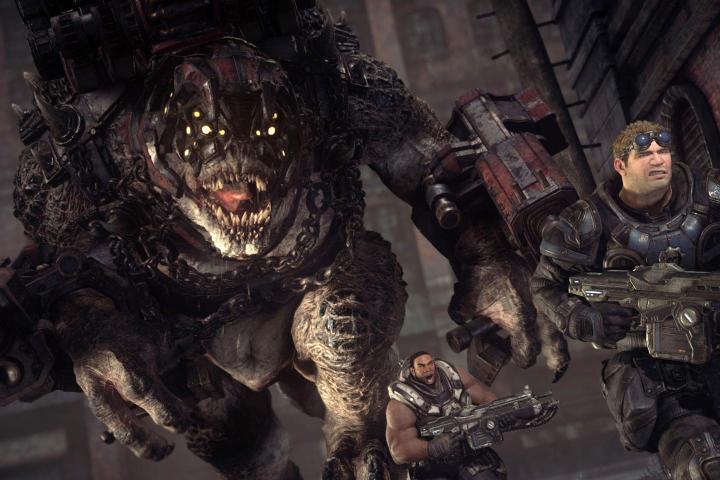
While the listing was still up, the folks at Windows Central managed to capture a screen grab, including the system requirements for the PC version of the game. Since Microsoft has pulled these back down, we can’t be assured they won’t change before the game is released, but if you’re wondering what kind of hardware you’ll need to pick your Lancer back up on the PC, see below.
Minimum:
- OS: 64 bit Windows 10 – version 1511
- Processor: Intel Core i5 @ 2.7Ghz or AMD FX 6-core
- Memory: 8GB RAM (2GB VRAM)
- Graphics: Geforce GTX 650 Ti or Radeon R7 260x
- Hard Drive: 60GB available space
- DirectX 12
Recommended:
- OS: 64 bit Windows 10 — version 1511
- Processor: Intel Core i5 @3.5GHz+ or AMD FX 8-core
- Memory: 16GB RAM (4GB VRAM)
- Graphics: GeForce GTX 970 or Radeon R9 290X
- Hard Drive: 60GB available space
- DirectX 12
4K:
- OS: 64 bit Windows 10 — version 1511
- Processor: Intel Core i7 @ 4Ghz or AMD FX 8-core
- Memory: 16GB RAM (6+GB VRAM)
- Graphics: Geforce GTX 980 Ti or Radeon R9 390X
- Hard Drive: SSD + 60GB available space
- DirectX 12
The listing also mentioned that buyers of the PC version of the game will get a new Deluxe Weapon Skin Pack and 11 bonus multiplayer characters. There is still no word on when Gears of War: Ultimate Edition will be released for the PC, but it is expected to arrive as soon as next month.
In addition to Gears of War: Ultimate Edition, more Xbox One games are coming to the PC in the coming months. Killer Instinct is coming next month, with Quantum Break following up in April. As reported earlier this month, Microsoft may also be considering bringing Forza Motorsport 4, Gears of War 4, and Scalebound to the PC as well, but those titles haven’t been confirmed.


